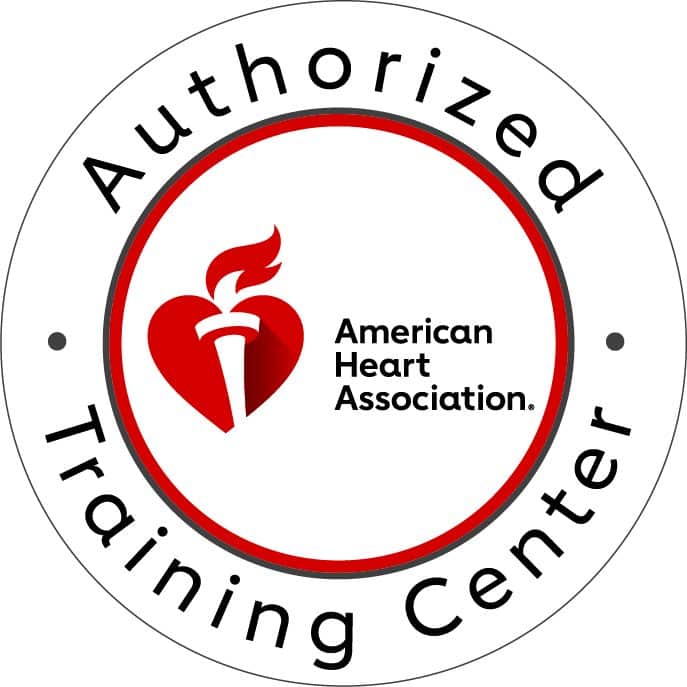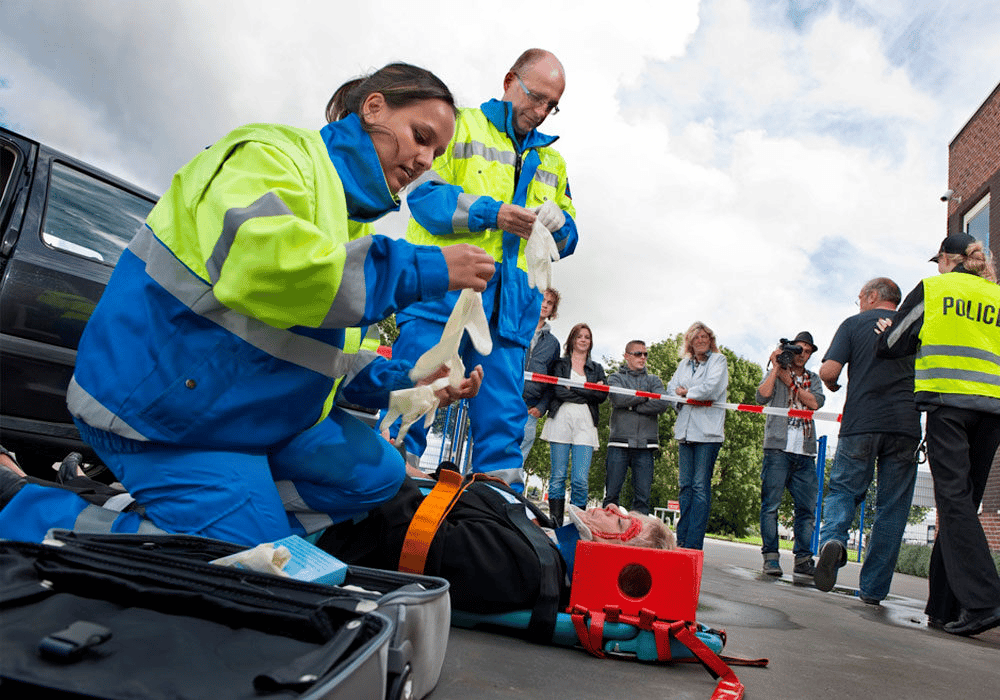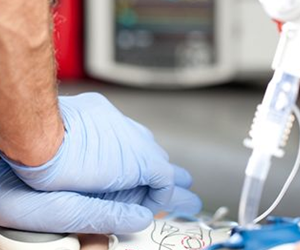Description
Emergency Medical Responder Course
The 50-hour Emergency Medical Response training program provides a detailed and comprehensive approach for managing out-of-hospital medical emergencies prior to the arrival of EMS.
The program is designed to provide non-EMS responders more depth and exposure to standard first aid training topics to provide richer and more advanced training. It meets and exceeds workplace first aid training requirements and satisfies the desire to learn more than just basic first aid without the burden associated with EMS provider training and certification.
Emergency Medical Response provides comparable training to that of Emergency Medical Responder, the base-level training for EMS providers, although the program is not intended for training EMS providers or preparing students to be eligible for EMS provider testing and certification. The Emergency Medical Response program is approved through the Florida Department of Health, Bureau of EMS. Students are eligible to take the National Registry of Emergency Medical Technicians (NREMT) EMR certification exam upon successful completion of the course.
This course is intended for individuals who are not EMS or healthcare providers but desire certification in Emergency Medical Response, such as:
- Law enforcement officers
- Volunteer Firefighters
- Correctional officers
- Security personnel
- Event and crowd control staff
- Lifeguards
- Park rangers
- Workplace Emergency Response Team (ERT) members
- Disaster team members
- Community Emergency Response Team (CERT) members
- Athletic trainers
- Outdoor guides
*An individual who has been trained and certified in Emergency Medical Response will not be licensed or credentialed to practice emergency medical care as an EMS provider within an organized state EMS system. EMS provider licensing and credentialing are legal activities performed by the state, not Health Science Consulting. Individuals who require or desire licensure and credentialing within the state EMS system must complete specific requirements established by the regulating authority, typically a state EMS agency within the state health department.




